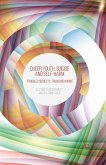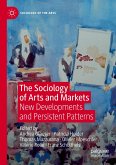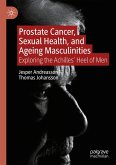This book provides a concise, interdisciplinary perspective on the emotion and practice of 'hope'. Based on the idea that hope is a dream that we carry in different ways, the five chapters draw on the author's original research and align it with literature on the sociology of culture and emotion, to explore the concept in relation to cultural and community practices and mental health.
The climate crisis, violence, hostility, pandemics, homelessness, displacement, conflict, slavery, economic hardship and economic downturn, loneliness, anxiety, mental illness - are intensifying. There is a need for hope. There is also a need to confront hope - what is hope and what can, and cannot, be achieved by hoping. This confrontation includes distinguishing hope from wishful thinking and blind optimism. Using examples from different spheres of social life, including health, religion, music therapy, migration and social displacement, the book sets the idea of hope in context of situations of uncertainty, challenge and pain, and goes on to highlight the practical application of these ideas and outline an agenda for further research on 'hope'.
The climate crisis, violence, hostility, pandemics, homelessness, displacement, conflict, slavery, economic hardship and economic downturn, loneliness, anxiety, mental illness - are intensifying. There is a need for hope. There is also a need to confront hope - what is hope and what can, and cannot, be achieved by hoping. This confrontation includes distinguishing hope from wishful thinking and blind optimism. Using examples from different spheres of social life, including health, religion, music therapy, migration and social displacement, the book sets the idea of hope in context of situations of uncertainty, challenge and pain, and goes on to highlight the practical application of these ideas and outline an agenda for further research on 'hope'.








